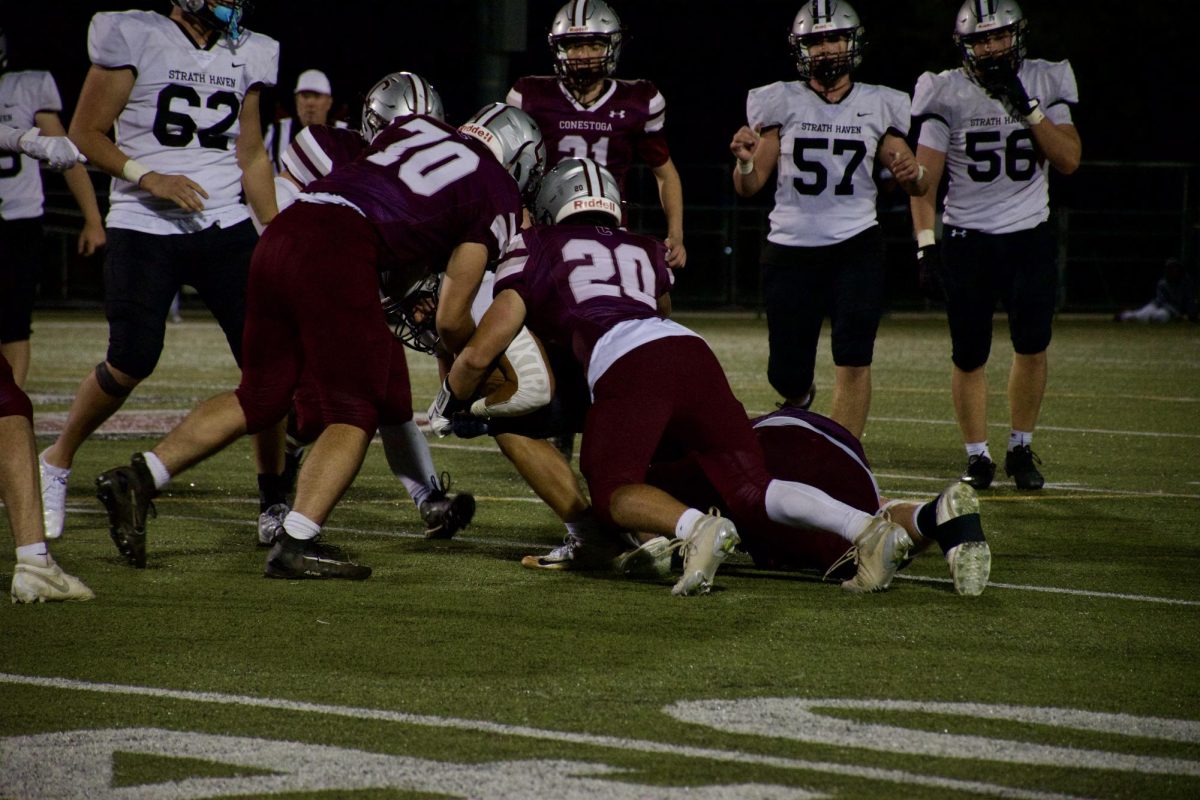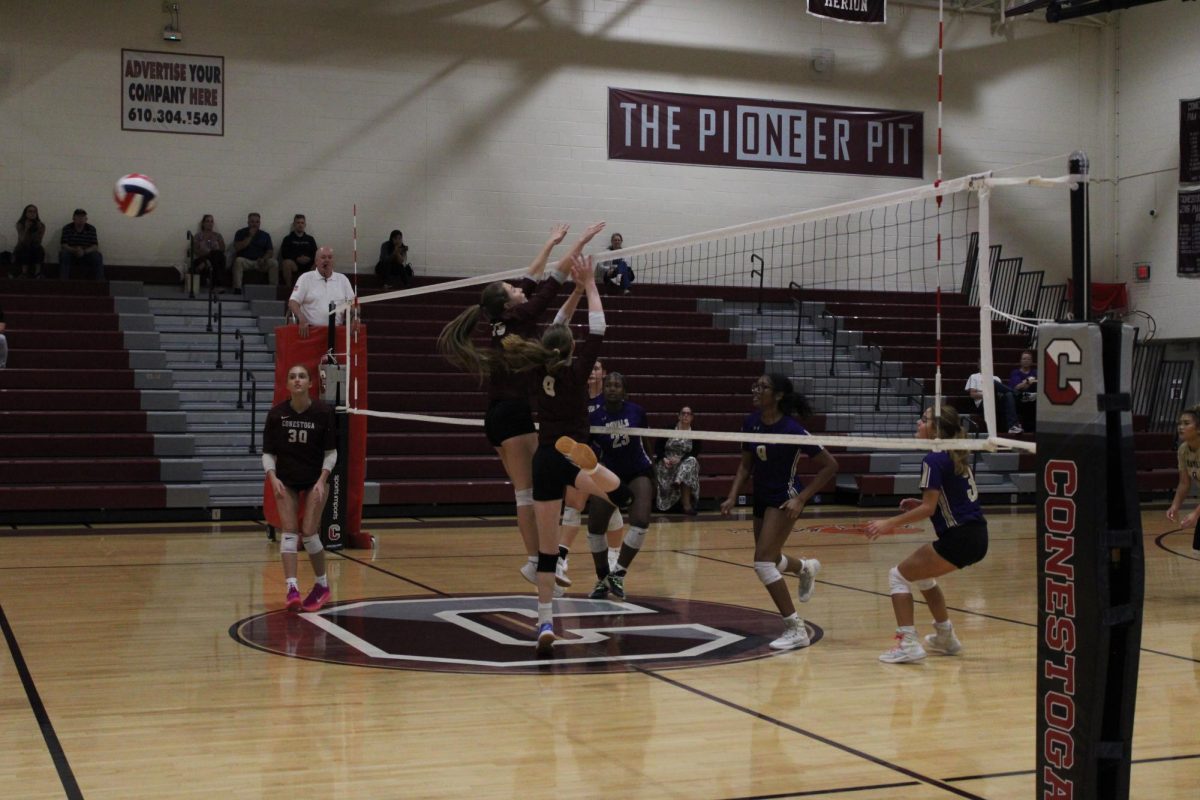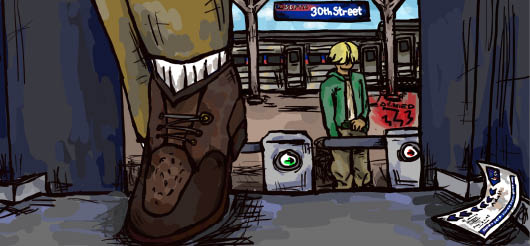Southeastern Pennsylvania stands at a crossroads regarding its public transportation. Down one road is the path of continuing to support the densely populated economic powerhouse with accessible commutes. Down another road is a Philadelphia where I-76 and I-95 are backed up beyond what was thought possible, and the over 750,000 people who use trains, buses and the subway every day will have to go without.
On April 10, SEPTA proposed its fiscal year 2026 budget. It will eliminate five Regional Rail lines, including the Paoli-Thorndale line that many members of the Conestoga community use to get to work, school and events. Bus lines will be cut and fares are also proposed to increase 21.5% on average.
For the wealthy suburbs of the Main Line, these cuts don’t immediately appear as harmful as they are. After all, the car ownership rate is likely higher than the nationwide average of 92% in 2023. People won’t stop going to Philadelphia for work, school, sports or entertainment — they’ll simply drive. But, there’s nothing that can ruin a Phillies game like being stuck in gridlock and then having to inch through a sea of cars to pay a fortune for parking. In 2026, Aronimink Golf Club in Wayne is set to host the 2026 PGA Championship, and Philadelphia will host the FIFA World Cup and MLB All-Star Game. One can only imagine how congestion can ruin these once-in-a-lifetime experiences.
In an article by WHYY, Wayne Business Association president Ken Kearns said SEPTA access is “extremely important as an economic driver” for the community. If these cuts take place, SEPTA will become the economic limiter rather than the driver, as people will be restricted with the jobs and opportunities that they can take, property values will decrease, and consumer spending and social connection will be hampered without accessible transportation.
These “doomsday cuts” are actually common for transportation authorities. For example, the Metropolitan Transportation Authority in New York City threatened many cuts in the 1980s and again in 2020, but it has always been able to get its budget passed because enough constituents cared about having access to public transportation. The goal of these proposed cuts is to raise public awareness and mobilize support for SEPTA amid crucial negotiations in Harrisburg. But, they are not merely a bluff. SEPTA’s federal relief funding from COVID-19 has run dry and it faces a $213 million structural deficit for the 2026 fiscal year.
The Main Line got its name from the communities that sprung up around the Pennsylvania Railroad. It’s time for us to remember this and fight for accessible, reliable public transportation. Call your senator and express your support for SEPTA. We will not know what we have lost until it is gone.
Miya Cao can be reached at [email protected].
























































































